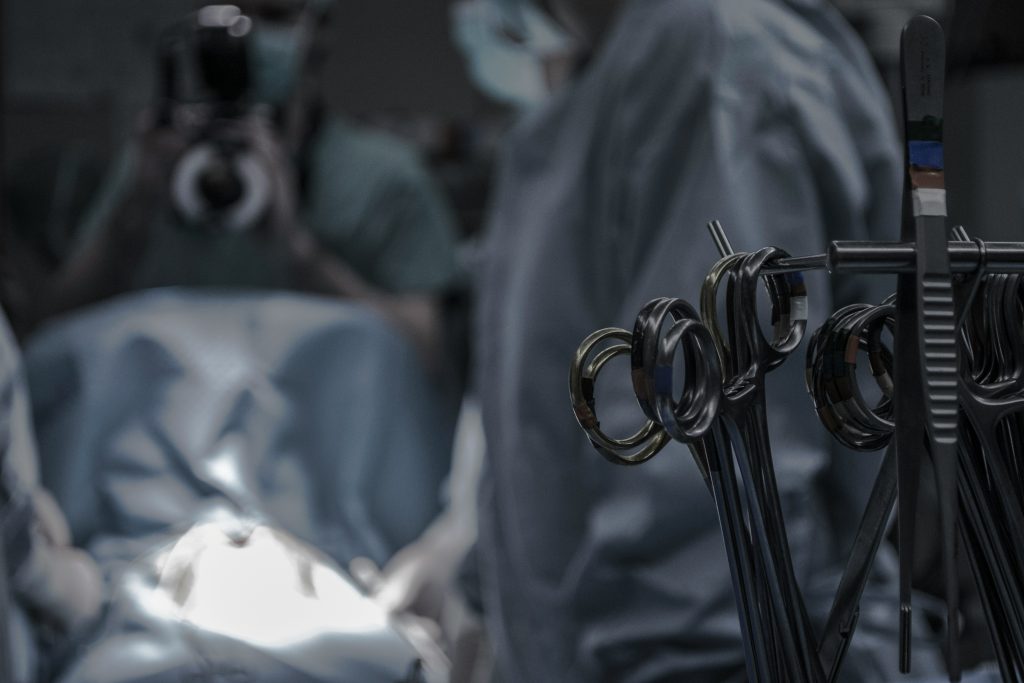Pancreatic cancer surgery marks a significant milestone in the journey of patients diagnosed with this challenging disease. While the surgical procedure itself is a crucial step in treatment, life after pancreatic cancer surgery involves a period of recovery and adjustment to a new normal. In this article, we will explore the various aspects of life after pancreatic cancer surgery, including physical recovery, emotional well-being, dietary considerations, follow-up care, and embracing life beyond cancer.
- Physical Recovery:
- The immediate postoperative period following pancreatic cancer surgery may involve pain, fatigue, and discomfort as the body heals from the procedure.
- Follow your healthcare provider’s instructions regarding wound care, pain management, and activity restrictions to support a smooth recovery.
- Gradually increase physical activity levels as tolerated, incorporating gentle exercises such as walking, stretching, and light strength training to rebuild strength and endurance.
- Dietary Considerations:
- Pancreatic surgery can affect digestion and nutrient absorption, leading to changes in dietary habits and nutritional needs.
- Work with a registered dietitian experienced in oncology nutrition to develop a personalized meal plan tailored to your individual needs, taking into account any dietary restrictions or digestive issues.
- Focus on consuming a balanced diet rich in fruits, vegetables, whole grains, lean proteins, and healthy fats to support healing, energy levels, and overall well-being.
- Emotional Well-Being:
- Coping with the emotional impact of pancreatic cancer surgery and the cancer diagnosis itself can be challenging.
- Seek support from family members, friends, support groups, or mental health professionals to express your feelings, share experiences, and receive guidance on coping strategies.
- Practice self-care activities such as mindfulness meditation, journaling, creative expression, or spending time in nature to nurture your emotional well-being and reduce stress.
- Follow-Up Care:
- Regular follow-up appointments with your healthcare team are essential for monitoring your recovery, detecting any signs of recurrence or complications, and addressing any ongoing health concerns.
- Be proactive in scheduling and attending follow-up appointments, communicating openly with your healthcare providers, and reporting any new symptoms or changes in your health promptly.
- Follow recommended screening guidelines for pancreatic cancer surveillance and other preventive measures to maintain optimal health and well-being.
- Returning to Daily Life:
- As you progress through recovery and regain strength and energy, gradually reintegrate into daily activities, hobbies, and social interactions that bring joy and fulfillment.
- Set realistic goals and pace yourself as you resume work, household tasks, and other responsibilities, listening to your body and prioritizing self-care.
- Embrace life beyond cancer by focusing on what matters most to you, nurturing meaningful relationships, pursuing your passions, and finding purpose and joy in everyday moments.
Conclusion: Life after pancreatic cancer surgery is a journey of recovery, adaptation, and renewal. By prioritizing physical recovery, addressing dietary considerations, nurturing emotional well-being, participating in regular follow-up care, and embracing life beyond cancer, patients can navigate the challenges of postoperative recovery and move forward with resilience and optimism. Remember that you are not alone in this journey, and there are resources, support, and opportunities for growth and healing along the way. Stay connected with your healthcare team, draw strength from your support network, and embrace each day with gratitude and hope for a brighter future.

